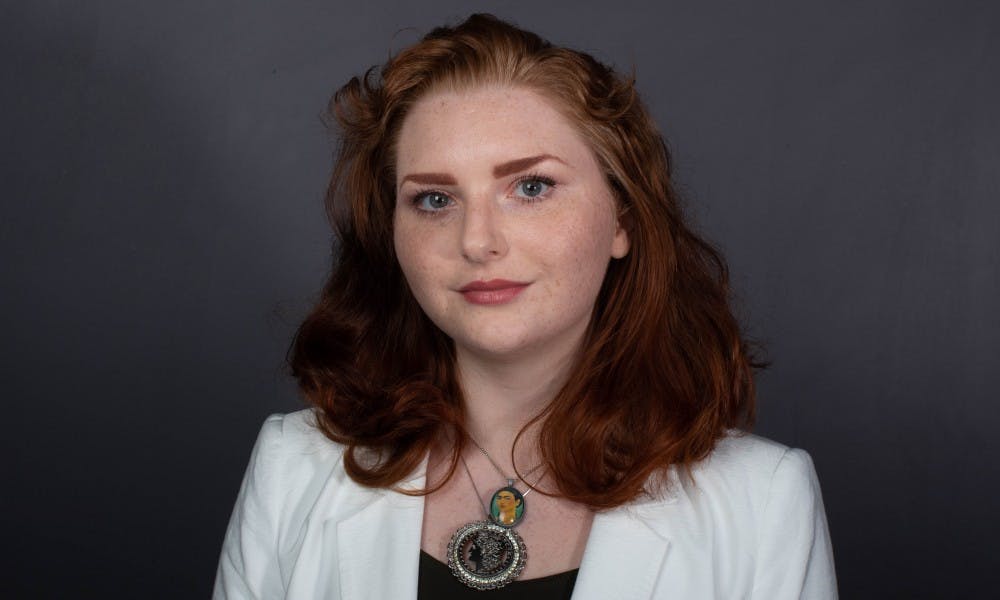
Column: Medically withdrawing from MSU was a gift

Most people don’t know I had to medically withdraw last spring. They don’t know the extent of what happened to me or why. Frankly, it isn’t that dramatic. But that doesn’t mean I haven't harbored a considerable amount of shame around it.
In February, I fell into the longest, most intense episode of major depression I have ever experienced — and I’ve been dealing with depression since I was 11. It was a bizarre and hazy period of my life that lasted about three months.
And I hid it from everyone.
College is a competitive environment. By the end of those three months, I was convinced that I had lost my respectability, my intelligence and my drive to keep up with my peers. I wasn’t the functioning depressed person I used to be, who cracked jokes about it and let it fuel my creativity (don’t do that, kids).
School was crushing me.
I wanted to leave. But it felt like surrender, and I had my pride to worry about. Anyone will tell you I have a very high opinion of myself (unfoundedly so). I don’t show a great deal of emotion if I can help it. Being expressive has never been a strong suit.
Previously, I thought that if people were depressed they should get on some meds and be done with it. I thought if it happens to so many people then it couldn’t possibly be serious. Move on, chin up, boot straps, etc.
I didn’t want to be another college student who couldn’t swat away a cartoon rain cloud from an antidepressant commercial. It felt like giving up. But that was the flawed logic of someone whose thoughts were being run through a sieve of doubt and shame.
What I didn’t know at the time is lots of people start to develop or show signs of mental illness in their early 20s, especially women and people with a family history. I discovered you can’t white-knuckle your way through everything.
So I went home.
I chose to withdraw to get away from watching my life happen in front of me when I couldn’t participate in it. I chose to withdraw to save myself from hurting my academic career beyond repair and I chose to withdraw because I needed time to learn about myself.
Going home wasn’t giving up, it was an opportunity. I’m grateful that the people in my corner at MSU made it as painless as possible. They were more understanding of me than I was of myself. They gave me the chance to learn how to handle my mental illness, which I found out was a type of bipolar disorder.
It feels good to have a diagnosis. Sometimes putting a name to the thing means you can reason with it.
READ MORE
For me, that means I just don’t have as much emotional energy as other people, that I need to take a day to be peaceful. It means I have to watch out for signs that I could be going up or down, to stay away from crowds and loud noises and leave the debit card at home. Those types of things.
At this point I don’t mind it. Being frank with myself and setting rules for myself have actually allowed me to let go of the shame I was feeling. Yes, I had left school feeling like a disgrace. I couldn’t tell close friends about it. I couldn’t tell most of my family. But now I have a way through the worst of it, and something to say other than silence.
I had to medically withdraw from school, and in doing so opened myself up to the kind of honesty and vulnerability I’ve been afraid of my entire life. And I am so much better for it.
In other words, I’m happy to be back.
Support student media! Please consider donating to The State News and help fund the future of journalism.






